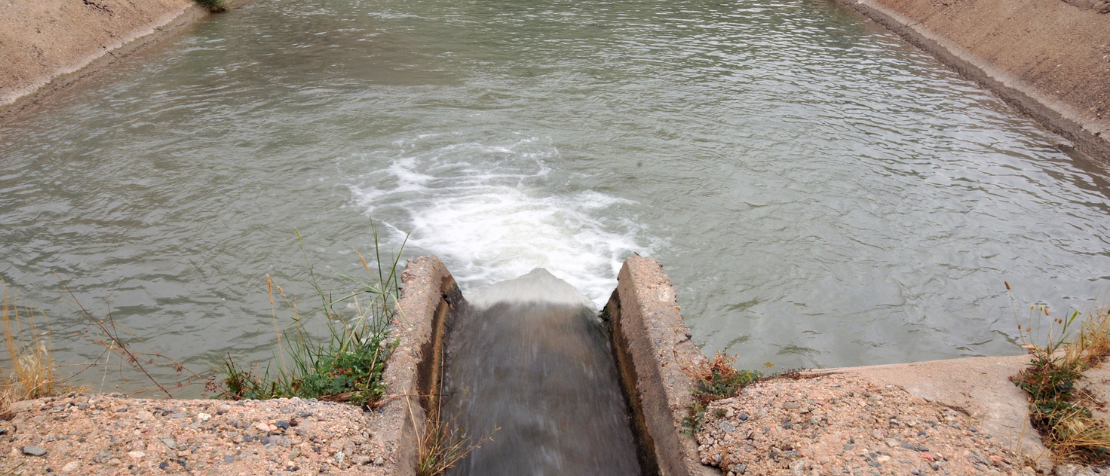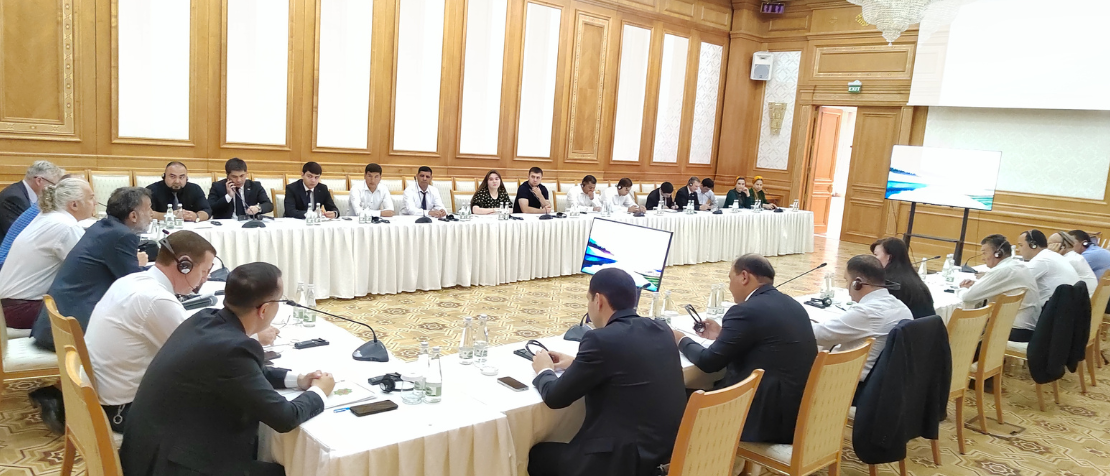Workshops aim to help revitalize aquaculture in Turkmenistan

©FAO/Aytek Basi
The aquaculture sector in Central Asia remains largely underdeveloped, despite being a driver of food security and a valuable source of employment opportunities and incomes for rural communities.
Commercial aquaculture in Turkmenistan dates to the early 1970s, with the introduction of pond-based fish farming. However, production levels declined sharply after the collapse of the Soviet Union in 1991. Reviving freshwater aquaculture – particularly through smallholder farming approaches – has the potential to diversify farmers’ livelihoods, contribute to resilient agrifood systems and help mitigate the impacts of climate change.
Accelerating this process in Turkmenistan, the Food and Agriculture Organization of the United Nations (FAO), within the framework of a Technical Cooperation Programme project, concluded two workshops on 16 and 17 July on aquatic animal health management and aquaculture systems design and operation. The aim of the workshops was to equip farmers and veterinarians with the knowledge and tools they need to manage health risks and improve biosecurity.
Among the main barriers to increasing smallholder fish production in the region are limited access to high-quality feeds and a general lack of knowledge among farmers about proper feed use and the nutritional needs of farmed fish. Access to affordable and high-quality feed is crucial for profitability, as feed accounts for typically 40–60 percent of a farm’s operational costs.
“Poor-quality feed and inefficient feeding practices often lead to slow fish growth, low productivity and reduced income, creating a cycle of underperformance that many farmers struggle to break,” said Haydar Fersoy, FAO Lead Technical Officer on the project. “FAO takes an integrated approach to improving feed quality and on-farm feed management in Turkmenistan, which are critical to boosting production yields, reducing costs and risks, increasing economic returns and, on a broader scale, supporting employment opportunities for rural people and enhancing national food security.”
This approach goes beyond focusing on feed management alone to target animal health and farm design, as these three areas are closely interrelated. The two July FAO workshops provided support in managing the new risks and challenges that emerge from re-establishing fish farms and shared technical guidance on improving farm design, production models and operational protocols.
Boosting aquaculture practices in action
Held on 16 July, the national training workshop on aquatic animal health management dealt with risk prevention and mitigation in aquatic animal health, educating farmers and veterinarians on fish diseases and providing a basis for the development of aquatic animal health management systems. FAO advocates for a precautionary approach in this regard, as problems arising from the re-establishment of fish farms – both diseases and biosecurity issues – can be largely avoided or mitigated with the appropriate knowledge and systems in place.
The next day, during the national training workshop on aquaculture systems design and operation, participants explored various aquaculture systems – including tanks, ponds, raceways, hatcheries and grow-out systems – and learned how to select and design systems suited to local conditions. The workshop dived into the specific topics of site selection and farm layout; the design and construction of tanks, ponds and raceways; fry, fingerling and grow-out production techniques; general husbandry; farm management; record-keeping and biosecurity practices.
All this knowledge and expertise lays the foundation for a more resilient and sustainable aquaculture sector in Turkmenistan, supporting economic growth, rural livelihoods and food security.

© FAO/Rovshen Saparmammedov
